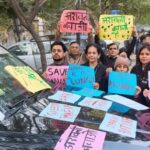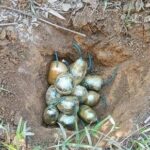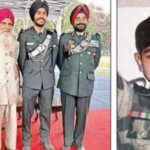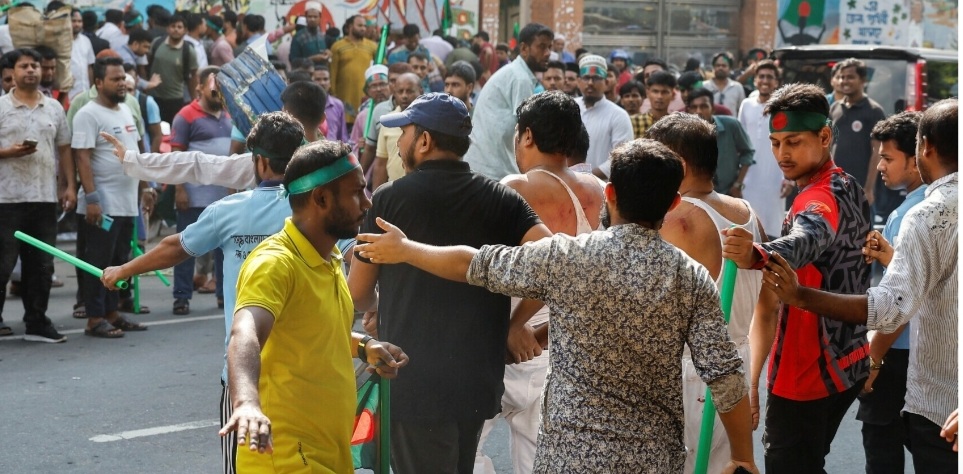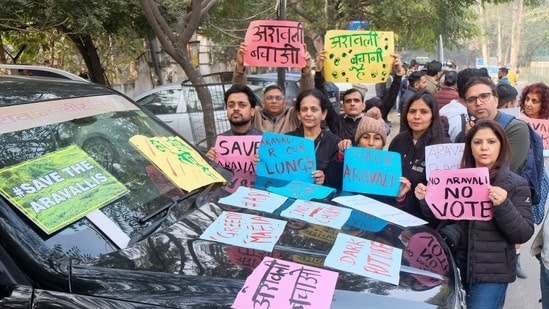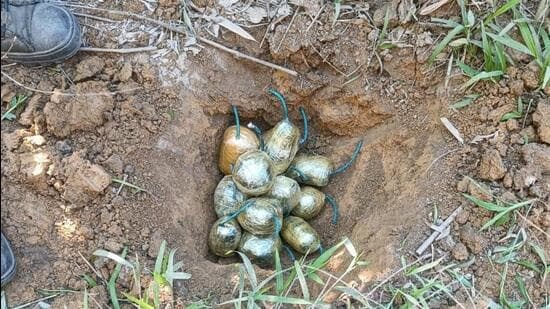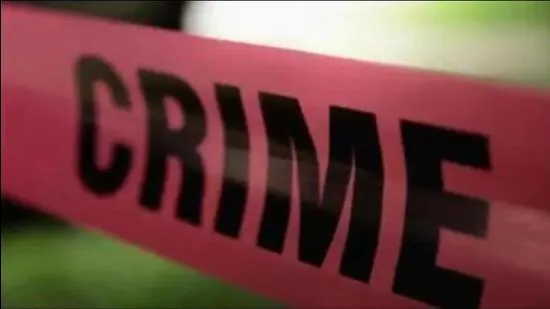Himalaya Harbinger, Rudrapur Bureau
A mob wielding bamboo rods and plastic pipes beat several suspected supporters of Sheikh Hasina on Thursday, vowing to quash a rumoured rally for the ousted Bangladesh premier outside her childhood home.
Hasina, 76, fled by helicopter last week to neighbouring India, where she remains, as student-led protests flooded Dhaka’s streets in a dramatic end to her iron-fisted 15-year rule.
Thursday is the anniversary of the 1975 assassination of her father, independence hero Sheikh Mujibur Rahman, during a military coup — a date her government had declared a national holiday.
Previous years saw huge rallies around Bangladesh to mark the occasion, but the students who toppled Hasina were eager to ensure supporters of her Awami League party did not have a chance to regroup.
“Fugitive and dictator Sheikh Hasina has ordered her goons and militia forces to come to the site so they can produce a counter-revolution,” Imraul Hasan Kayes, 26, told AFP.
“We are here to guard our revolution so that it doesn’t slip out of our hands.”
With no police in sight, hundreds of students on Thursday patrolled the street leading into Hasina’s old family home where her father and many of her relatives were gunned down nearly 50 years ago.
The landmark was until recently a museum to her father, but it was torched and vandalised by a mob hours after her fall.
Several people the crowd suspected of being Awami League supporters were thrashed with sticks, while others were forcibly escorted away.
In her first public statement since her abrupt departure, Hasina had this week asked supporters to “pray for the salvation of all souls by offering floral garlands and praying” outside the landmark.
Thousands of civil servants were required to join public demonstrations marking her father’s death during her tenure.
Awami League organisers would also set up temporary public address systems around Dhaka to blare Mujib’s old speeches and devotional songs praising his leadership.
The caretaker administration now running Bangladesh cancelled observance of the politically charged holiday on Tuesday, requiring bureaucrats to remain in office.
On Thursday, the prevailing sound in the city of 20 million people was the horns and motors of its perennially gridlocked traffic.
“Awami League will try to create chaos on Thursday in the name of observing [the] mourning day,” prominent student leader Sarjis Alam told reporters the previous day, according to The Daily Star newspaper. “We will remain on the streets to resist any such attempts.”
Hasina’s statement came hours after a court in the capital opened a murder case into her, two senior Awami League allies and four police officers related to last month’s unrest.
Several other top Awami League politicians have also been detained in unrelated probes, including former law minister Anisul Huq and business adviser Salman Rahman.
Both men were in court on Wednesday, handcuffed and wearing helmets for their protection under heavy police guard.
Hasina’s statement also demanded an investigation into violence during the unrest that forced her out of office, with the culprits to be “identified and punished”.
Police weaponry was the cause of the more than 450 people killed during the protests that ousted Hasina, according to police and hospital figures previously gathered by AFP.
‘Set up an investigation’
Nobel laureate Muhammad Yunus returned from Europe last Thursday to head a temporary administration that faces the monumental challenge of steering democratic reforms.
The 84-year-old won the Nobel Peace Prize in 2006 for his pioneering work in microfinance, credited with helping millions of Bangladeshis out of grinding poverty.
He took office as “chief adviser” to a caretaker administration — all fellow civilians bar a retired brigadier general — and has said he wants to hold elections “within a few months”.
Hasina’s government was accused of widespread human rights abuses, including the mass detention and extrajudicial killing of thousands of her political opponents.
Yunus said on Thursday that he had spoken with UN human rights chief Volker Turk “to set up an investigation”, without giving further details.

